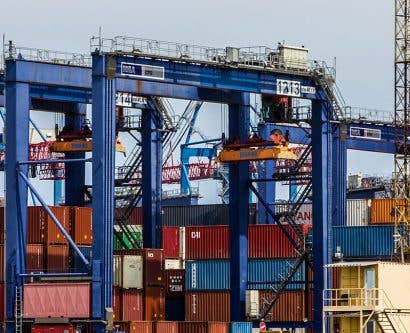Beginner’s Guide to the 11 Types of Incoterms (2010)
Approximately every ten years, the International Chamber of Commerce (ICC) publishes an update for the international commercial terms; Incoterms. Incoterms help to make international trading easier by providing standard terms that are uniformly recognised across the world. These trade terms are frequently used in domestic and international trade contracts.
Need a Course?
Why don’t you let us help with your personal and professional development? Take a look at our Business Essentials course library where you’ll find everything from EDI Training to Project Management training.
For more information on Incoterms 2020, visit the following article: Guide to the Incoterms 2020 – Key Changes Explained
It’s important to note that, while the Incoterms 2020 have been published, parties can continue to use previous revisions of the Incoterms, including Incoterms 2010, as long as they are clearly agreed upon in their agreements.
UK Departure from the EU
As a result of Brexit, and the UK leaving the EU, the UK has become a ‘third country’, resulting in extra administrative requirements on those trading between the EU and UK. For all shipments between the EU and UK, import and export declarations must be completed and any required duties will need to be paid. The Incoterm agreed will define where the responsibility lies between the buyer and the seller.
Types of Incoterms
The incoterms are common in trading contracts, which makes it important for you to understand what they mean and the responsibilities of the various involved parties.
This article will detail all 11 incoterms (2010) to help you understand more about them.
1. CIF (Cost, Insurance and Freight)
CIF means that the seller delivers when the suitably packaged goods, cleared for export, are safely stowed on board the ship at the selected port of shipment. The seller must prepay the freight contract and insurance.
Despite the seller paying for the freight contract to the selected destination port, once the goods are safely stowed on board, responsibility for them transfers to the buyer.
The seller is only obliged to procure the minimum level of insurance coverage. This minimum level of coverage is not usually adequate for manufactured goods. In this event, the buyer and seller are at liberty to negotiate a higher level of coverage.
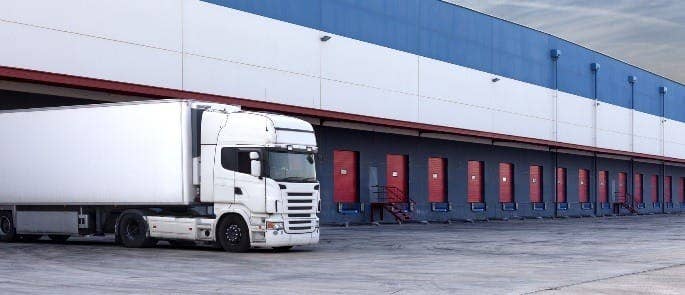
2. CIP (Carriage and Insurance Paid to)
CIP means that the seller delivers the goods to a carrier or another approved person (selected by the seller) at an agreed location.
The seller is responsible for paying the freight and insurance charges, which are required to transport the goods to the selected destination. CIP states that, even though the seller is responsible for freight and insurance, the risk of damage or loss of the transported goods transfers from the seller to the buyer the moment the carrier receives the goods.
The seller is only obliged to procure the minimum level of insurance coverage. Should the buyer want additional insurance, they are responsible for arranging it themselves.
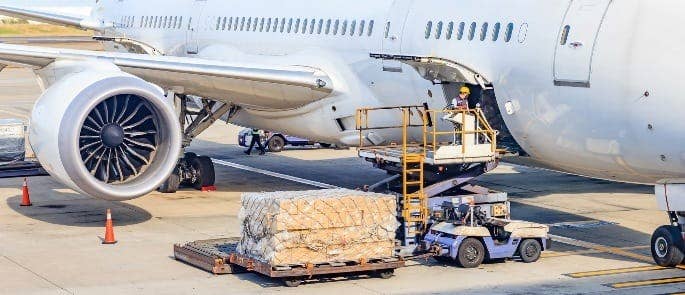
3. CFR (Cost and Freight)
CFR means that the seller delivers when the suitably packaged goods, cleared for export, are safely loaded on the ship at the agreed upon shipping port.
The seller is responsible for pre-paying the freight contract. Once the goods are safely stowed on board, responsibility for them transfers to the buyer, despite the seller paying for the freight contract to the selected destination port. The buyer must be informed of the delivery arrangements with enough time to organise insurance.
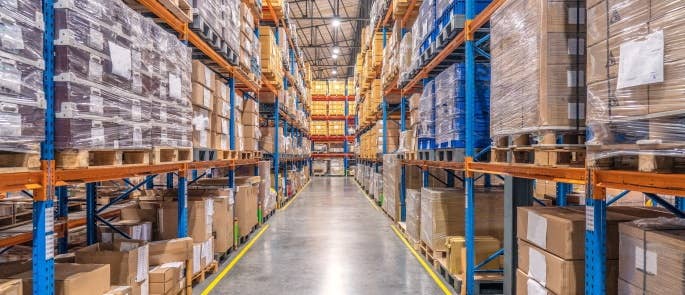
4. CPT (Carriage paid to)
CPT stands for when the seller delivers the goods to a carrier, or a person nominated by the seller, at a destination jointly agreed upon by the seller and buyer. The seller is responsible for paying the freight charges to transport the goods to the named location. Responsibility for the goods being transported transfers from the seller to the buyer the moment the goods are delivered to the carrier.
If multiple carriers are used, risk passes as soon as the goods are delivered to the first carrier. The seller’s only responsibility is to arrange freight to the destination. They are not responsible for insuring the goods shipment as it is being transported.
The seller should ensure that they make it clear on their quotation that their responsibility for the goods ends at loading and, from this point forward, the buyer should arrange appropriate insurance.
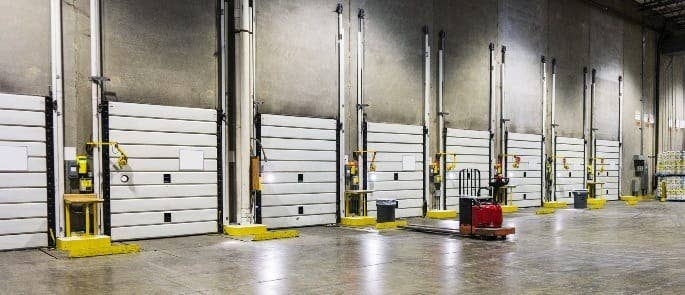
5. DAT (Delivered at Terminal)
DAT is a term indicating that the seller delivers when the goods are unloaded at the destination terminal.
‘Terminal’ can refer to a container yard, quayside, warehouse or another part of the cargo terminal. The terminal should be agreed upon accurately in advance to ensure no confusion over the location.
While there is no requirement for insurance, the delivery is not complete until the goods are unloaded at the agreed destination. Therefore, the seller should be wary of the risks that not securing insurance could pose.
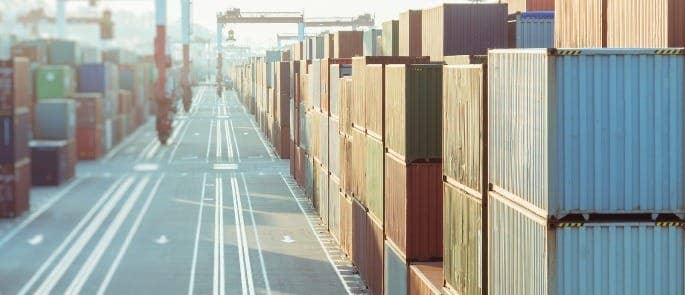
6. DAP (Delivered at Place)
DAP means that the seller delivers the goods when they arrive at the pre-agreed destination, ready for unloading.
It is the buyer’s responsibility to effect any customs clearance and pay any import duties or taxes. Additionally, while there is no requirement for insurance, the delivery is not complete until the goods are unloaded at the agreed destination. Therefore, the seller should be wary of the risks of not securing insurance.
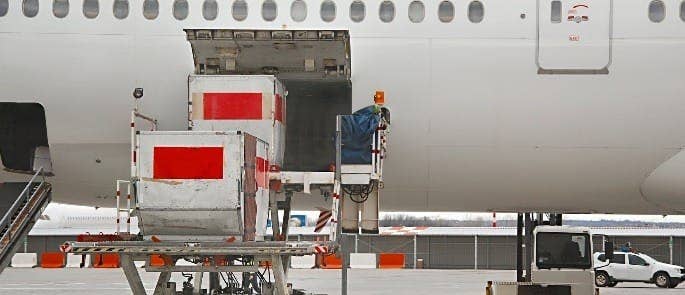
7. DDP (Delivery Duty Paid)
DDP means that the seller delivers the goods to the buyer, cleared for import and ready for unloading, at the agreed location or destination. The seller maintains responsibility for all the costs and risks involved in delivering the goods to the location. Where applicable, this includes pre-shipment inspection costs and import ‘duty’ for the country of destination. Import duty may involve customs formalities, the payment of these formalities, customs duties and taxes.
DDP holds the maximum obligation for the seller. While there is no requirement for insurance, the delivery is not complete until the goods have been unloaded at the destination. Therefore, the seller should be wary of the risks that not securing insurance could pose.
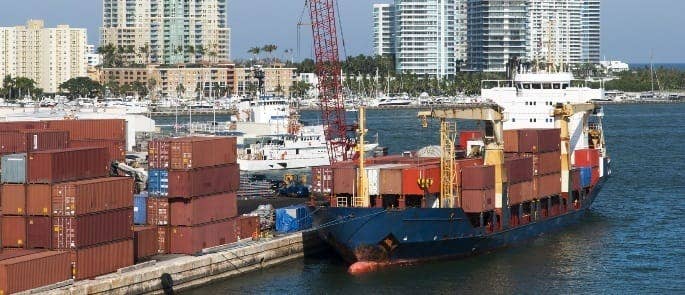
8. EXW (Ex Works)
EXW means that the seller has delivered when they place or deliver suitably packaged goods at the disposal of the buyer at an agreed-upon place (i.e. the works, factory, warehouse, etc.). The goods are not cleared for export.
The seller is not required to load the goods onto a collecting vehicle and, if they do, it is at the buyer’s expense. EXW is the only Incoterm where the goods are not required to be cleared for export, although the seller has the duty to assist the buyer (at the buyer’s expense) with any needed documentation and export approvals.
After collection, the buyer must provide the seller with proof that they collected the goods. From collection, the buyer is responsible for all risks, costs and clearances.
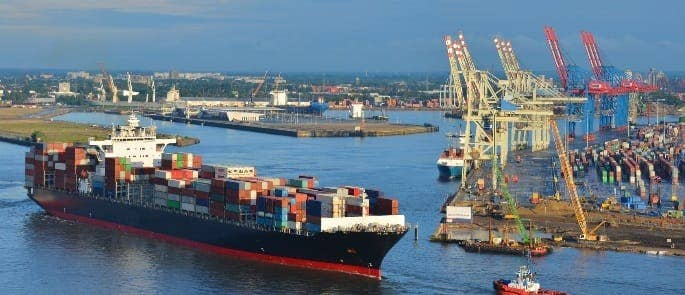
9. FAS (Free Alongside Ship)
FAS stands for when the seller delivers the goods, packaged suitably and cleared for export, by placing them beside the vessel at the agreed upon port of shipment. At this point, responsibility for the goods passes from the seller to the buyer. The buyer maintains responsibility for loading the goods and any further costs.
The seller may procure a freight contract at the buyer’s request or, if the buyer fails to procure one by the date of a scheduled delivery, the seller may procure one on their own initiative. The buyer is responsible for the cost and risk associated with the freight contract.
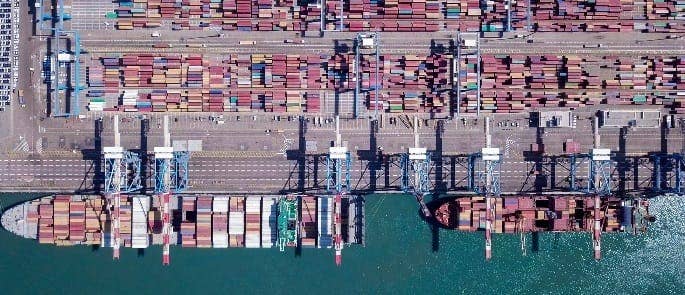
10. FCA (Free Carrier)
FCA means that the seller fulfils their obligation to deliver when the goods are handed, suitably packaged and cleared for export, to the carrier, an approved person selected by the buyer, or the buyer at a place named by the buyer. Responsibility for the goods passes from seller to buyer at this named place.
The named place may be the seller’s premises. While the seller is responsible for loading the goods, they have no responsibility for unloading them if the goods are delivered to a named place that is not the seller’s premises.
The seller may procure a freight contract at the buyer’s request or, if the buyer fails to procure one by the date of a scheduled delivery, the seller may procure one on their own initiative. The costs and risks of this freight contract fall on the buyer. The buyer must be informed of delivery arrangements by the seller in time for the buyer to arrange insurance.
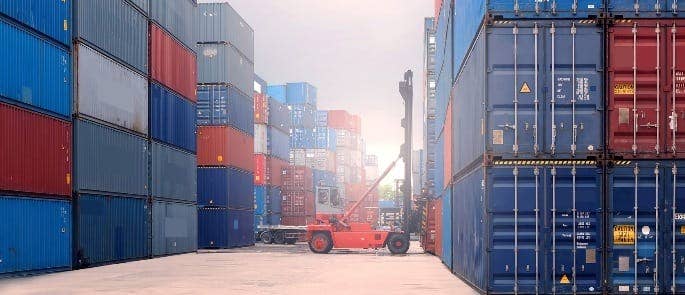
11. FOB (Free on Board)
FOB means that the seller delivers the goods, suitably packaged and cleared for export, once they are safely loaded on the ship at the agreed upon shipping port. At this point, responsibility for the goods transfers to the buyer. The seller may procure a freight contract at the buyer’s request or, if the buyer has failed to procure one by the date of a scheduled delivery, the seller may procure one on their own initiative. The buyer is responsible for the cost and risk of this freight contract.
The seller must inform the buyer of delivery arrangements in good time to sort out insurance for the shipment.
FOB is a frequently misused term. If a supplier insists FOB needs to be used for containerised goods, the buyer should make certain that the selected insurance covers the goods ‘warehouse to warehouse’.
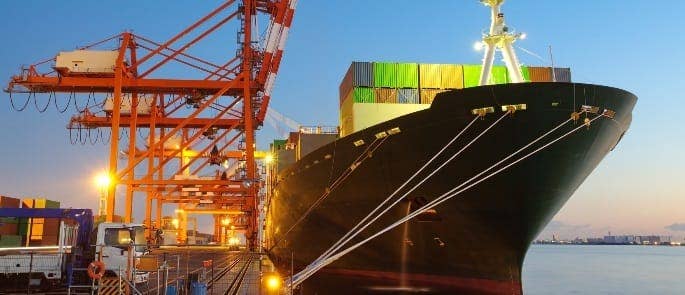
Using our guide to the 11 incoterms 2010, you should be able to easily understand your responsibilities when reading over national and international trade contracts. Make sure to keep up to date with every ICC update so you are never caught out.
What To Read Next:
- Guide to the Incoterms 2020 – Key Changes Explained
- EDI Training
- Business Essentials Training Courses









